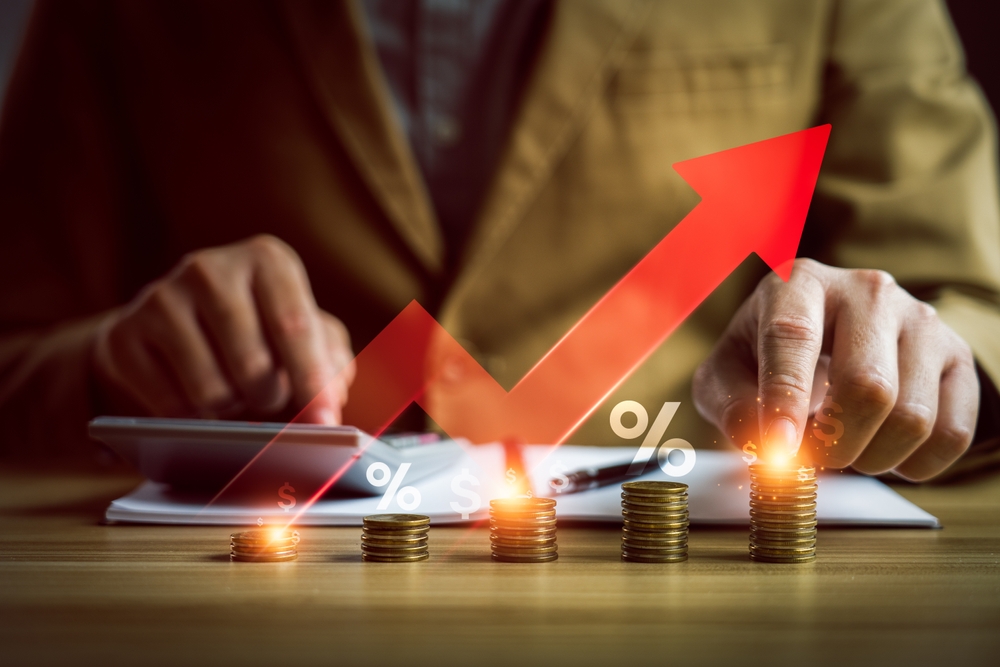Rising costs have already hit consumers hard, and now new tariffs could push prices even higher. From electronics to everyday household goods, these trade policies may soon impact your wallet in ways you didn’t expect.
What Are Tariffs, and Why Do They Matter?
Tariffs are taxes on imported goods, and when they increase, companies often pass those extra costs on to consumers. That means you could end up paying more for products you buy regularly, from clothing and furniture to appliances and groceries.
Which Products Could See Price Hikes?
Depending on the specific tariffs in place, a wide range of goods could become more expensive. Some key categories that may be affected include:
-
Electronics – Smartphones, laptops, and gaming consoles could see price increases if tariffs hit key components or manufacturing costs.
-
Household Items – Furniture, kitchenware, and cleaning supplies could get more expensive as material costs rise.
-
Food and Beverages – Imported ingredients and products like coffee, seafood, and wine could see higher price tags.
-
Vehicles and Auto Parts – Car prices, as well as repairs, could go up due to increased costs on imported parts.
What Can You Do to Save Money?
While tariffs are out of your control, smart shopping habits can help you manage rising costs:
-
Buy in Bulk – Stock up on essentials before price hikes take effect.
-
Shop Secondhand – Look for deals on pre-owned electronics, furniture, and clothing.
-
Compare Prices – Check multiple retailers for the best deals and consider generic brands over name brands.
-
Delay Major Purchases – If possible, hold off on big-ticket items until the market stabilizes.
As tariffs continue to shift, staying informed and adjusting your spending habits can help you keep your budget in check—even as prices climb.


